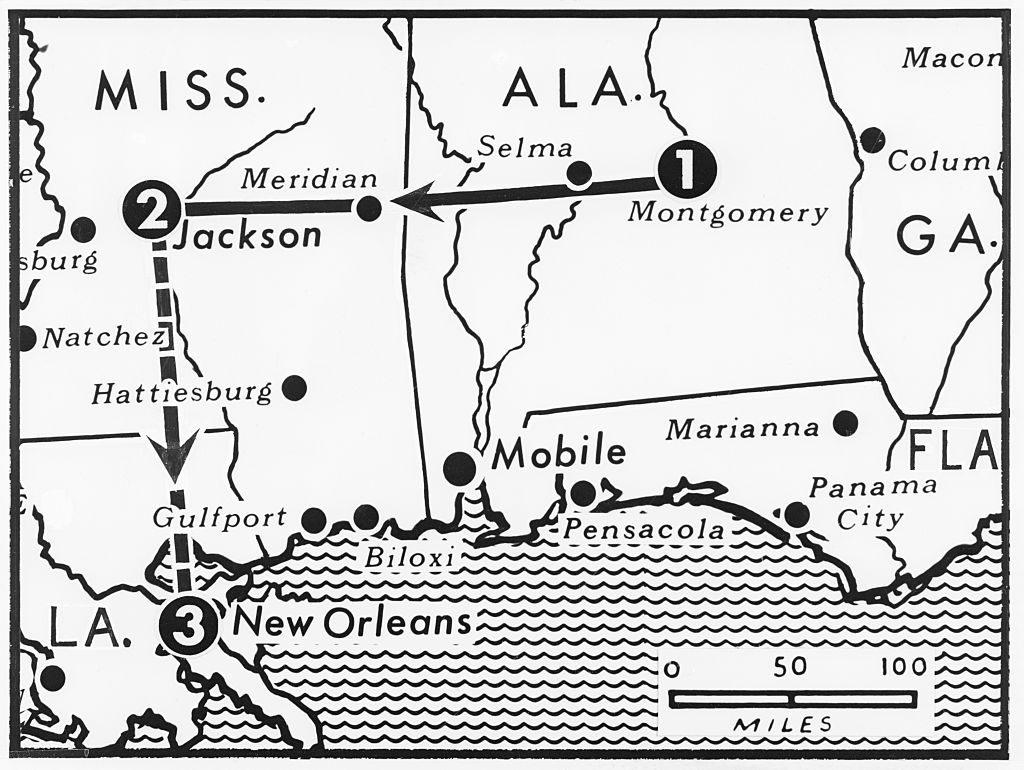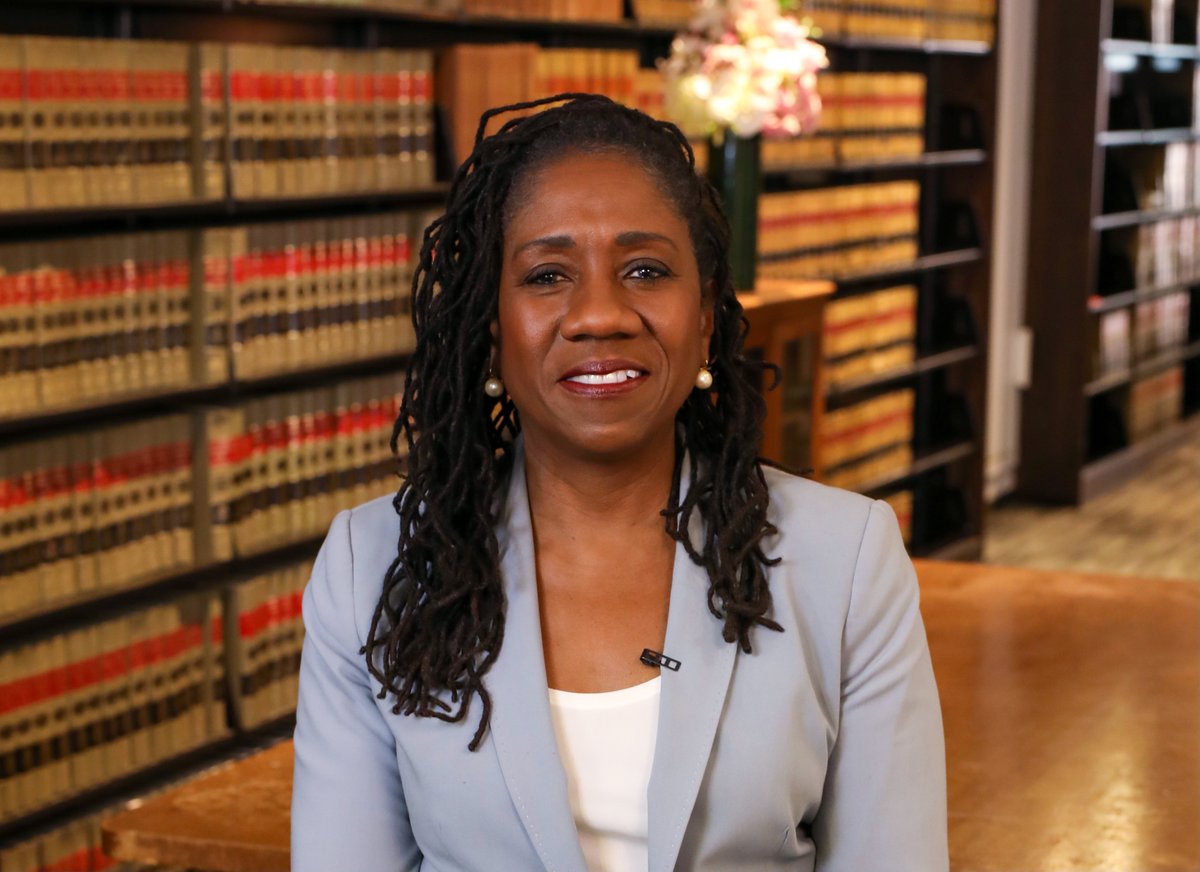HAPPENING NOW:
https://twitter.com/NAACP_LDF/status/1308904069226954753
"I have talked for some time about what I call the regime of impunity that protects police officers, and the entire apparatus, from accountability and we’re seeing some of that today...One area of impunity is the ability of unfit officers to go from department to department."
"I want to see the grand jury transcripts. I want to know how this case was presented to the grand jury. The idea that they would come forward with only one set of charges, none of them having to do with Breonna Taylor herself is quite alarming..."--@Sifill_LDF
.@Sifill_LDF: Because Black people don't have second amendment rights when they are in encounters with white people or in encounters with law enforcement, and that's the reality, and that’s what's so chilling and so frightening.
"And after all this time, all we’ve gotten out of it are these wanton endangerment charges against an officer who should’ve never been on that police force, let alone assigned to execute a warrant under these high-tension situations."
"There’s a provision that would bar no-knock warrants in the George Floyd Justice in Policing Act that was passed in the House and that sits in the Senate yet untended to. This has to be addressed."
"But this whole warrior mentality of police departments is why I’m sitting here nervous, because @NAACP_LDF filed suit against Louisville in July because of the tactics they used against protesters...And so we are hoping tonight that the police will exercise restraint..."
• • •
Missing some Tweet in this thread? You can try to
force a refresh















